
Determine if your practice is data blocking before it costs you.

Determine if your practice is data blocking before it costs you.

The results of physician trials led by the AAFP Innovation Lab are very promising.
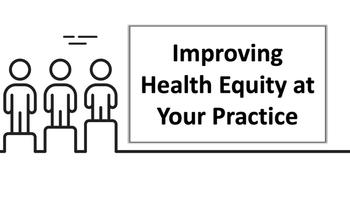
An overview of how to get started in a health equity initiative.
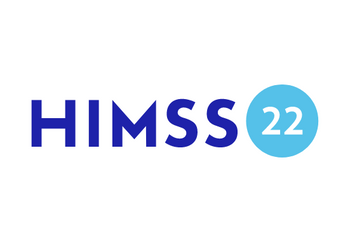
The HIMSS22 Global Health Conference opened with a call to action for the health care industry.
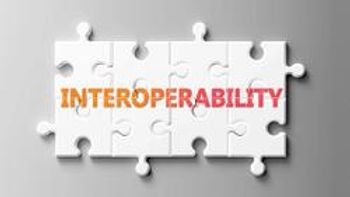
The trends that will drive interoperability in 2022 and beyond.
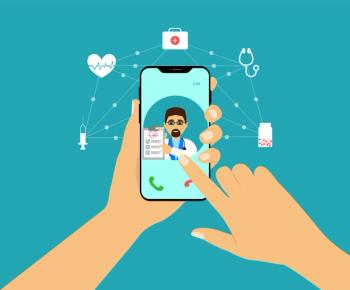
There are barriers to telehealth adoption that physicians must overcome to realize the technology’s promise.

211 possible cases involving hospitals and physicians have been reported through the ONC portal
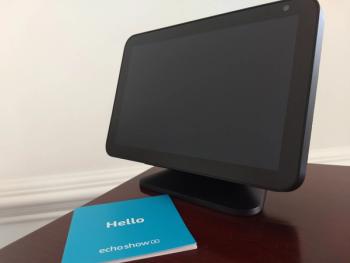
‘Alexa, I want to talk to a doctor’

There are no specific threats at this time, but the U.S. government is warning all organizations to boost security as a precaution

Although much of the discourse around telehealth rightfully focuses on its benefits, the potential drawbacks and limitations are often glossed over, particularly around provider burden

When housing, transportation and other nonclinical data are shared electronically, clinicians can better understand their patients’ needs
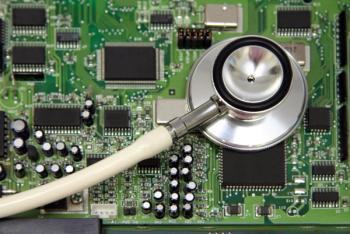
Don’t buy until you try: How to tell whether the ‘next big thing’ is right for your practice

Small does not equal safe from cyber danger.


Medical billing is complex and time-consuming. Does it have to be?
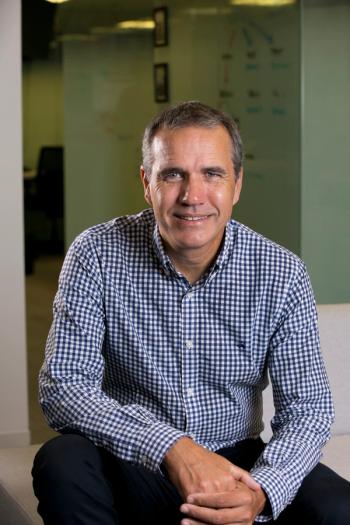
Innovative technologies offer powerful potential to providers, patients, and payors
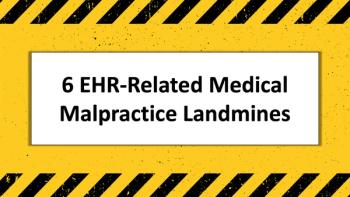
EHRs are increasingly leading to malpractice lawsuits. Here’s six issues to avoid.

Report shows public’s desire for more convenience and empathy

Ransomware is perhaps the greatest cybersecurity challenge facing the healthcare industry right now.

In-person services also will be available in eight more cities.

Leveraging insights from AI and behavioral science can improve financial outcomes as well as clinical ones.

Phishing is still the leading way hackers attack healthcare organizations.

Two letters ask that pandemic-era flexibilities become permanent.
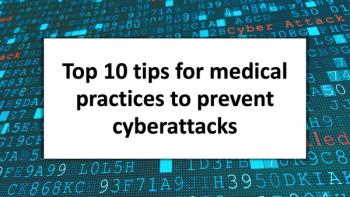
There are many technologies and solutions that medical practices can implement to help prevent the theft and encryption of data.

Accurate coding is one of the most intricate and often frustrating tasks that doctors and staff must do.